Introduction
Ruby is an excellent language for making desktop programs, static webpages, data processing services, and even automation solutions. Web servers, DevOps, and web scraping and crawling are all examples of where it's employed. When you bring in the Rails application framework's features, you can accomplish even more, especially with database-driven web apps.

In this article, we will discuss some Assignment on Boolean Operators in Ruby to enable you to go to higher levels of expertise. Before studying this article, you need to have a basic understanding of computer programming terms and ruby. If this isn't the case, come back here after reading our Ruby article.
Now, let's discuss the types of Boolean operators in ruby.
Boolean Operators in Ruby
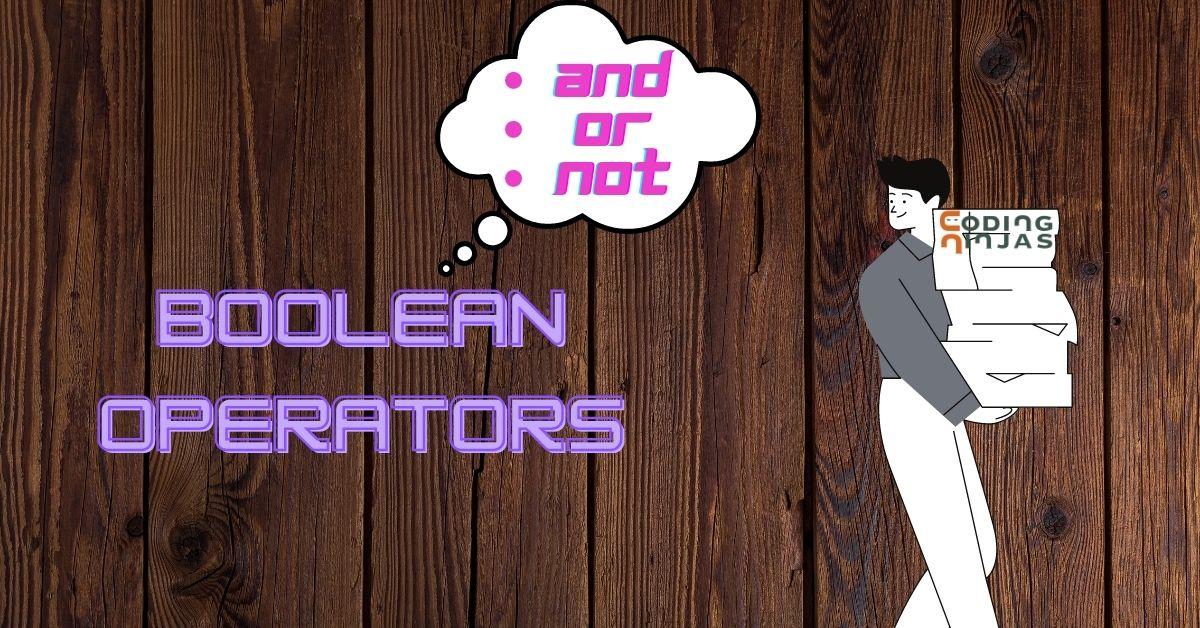
Logical expressions, like comparison expressions, return a true (1) or false (0) value when processed. Boolean operators in ruby combine two comparisons and return the true (1) or false (0) value depending on the results of the comparisons. We have the following types of Boolean operators in ruby:
&& Operator

If both left and right operands or expressions are true, it will return true. Otherwise, it will return false.
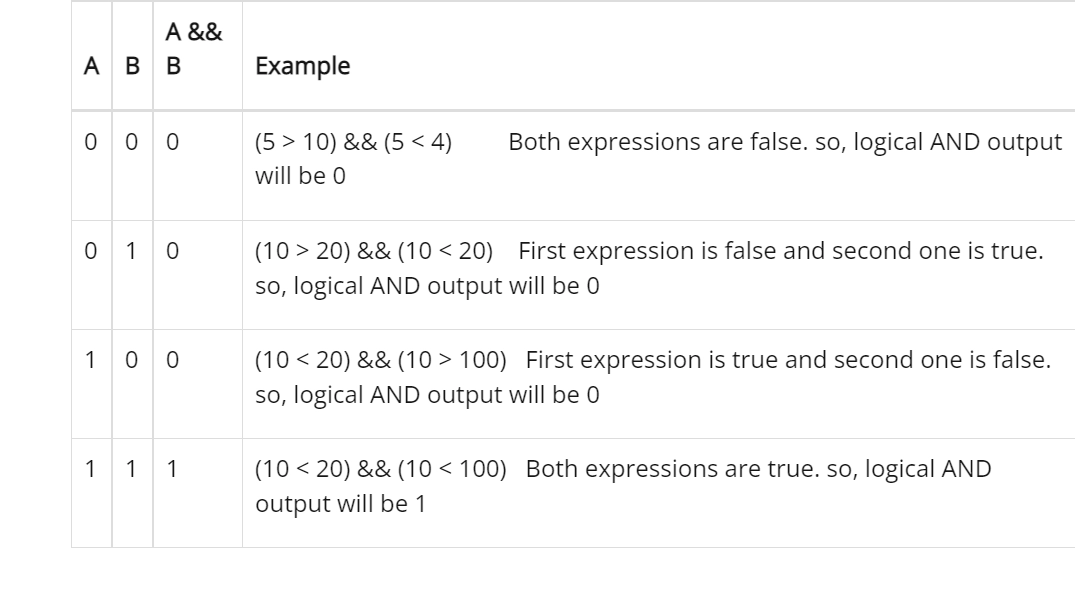
|| Operator
This is the another type of Boolean operator in ruby, which is called OR.
If any of the operands or expressions is true, then it will return 1 and if all of them are false, it will return 0.
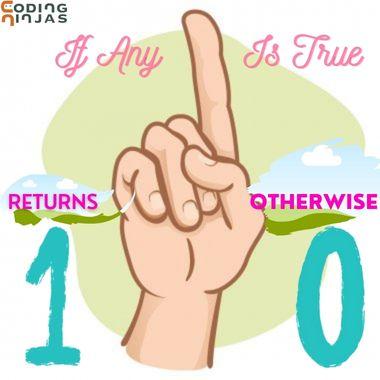
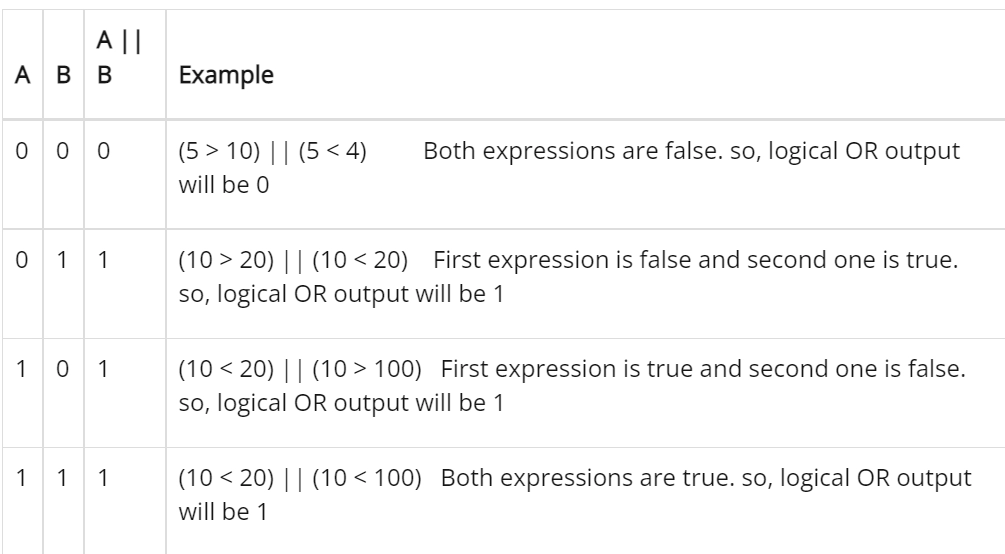
! Operator
Boolean NOT operator is used to inverse the current decision. Say, if the current state is true, Boolean NOT (!) operator will make it false.
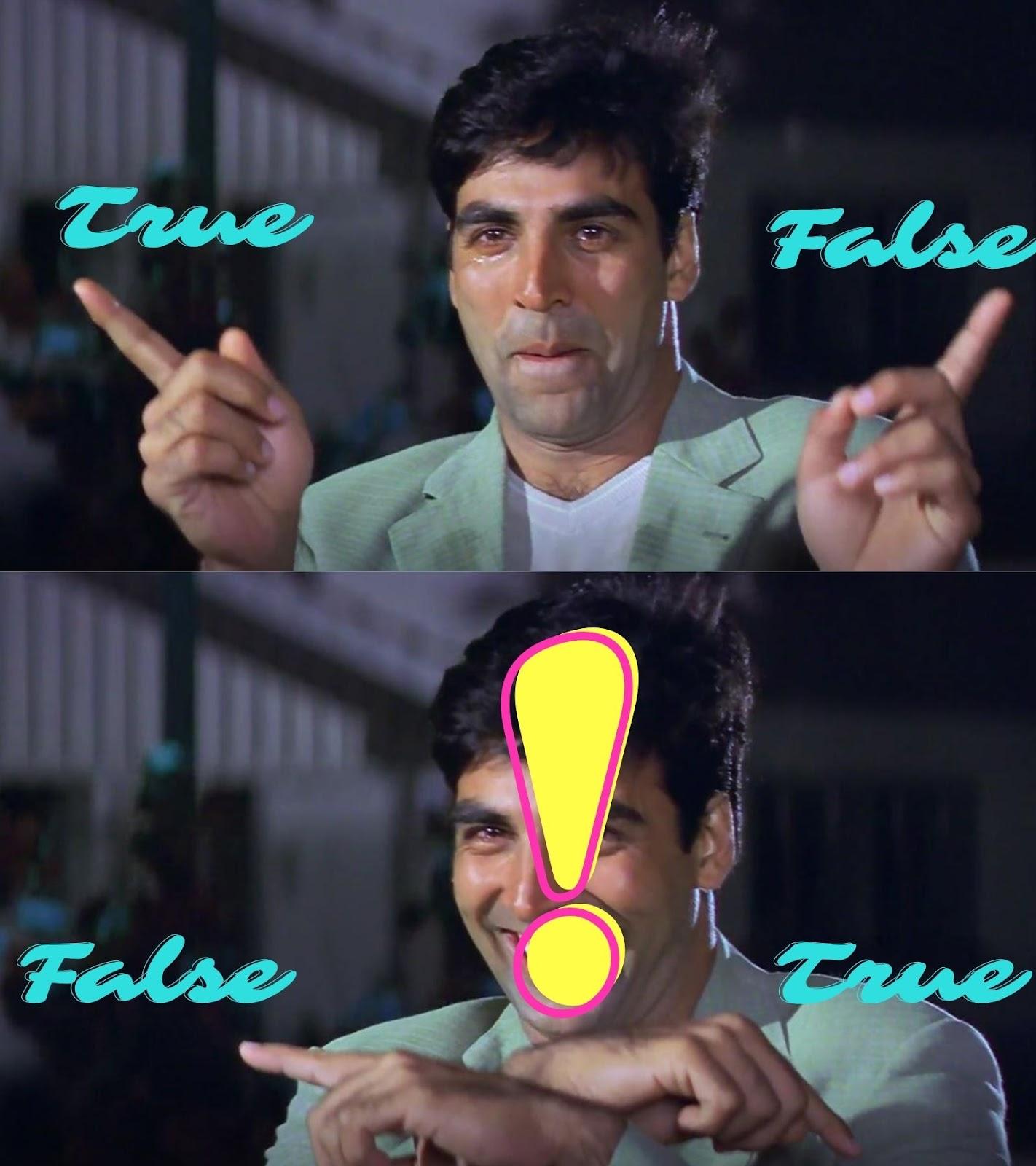

There are two variations of each of these three operators:
and and &&
or and ||
not and !
Now, let's talk about the "operator precedence". It is what distinguishes the operators from one another.
You know from arithmetic that the result of 1 + 2 * 3 is 7, not 9. This is so that the addition operator + can be used after the stronger-binding multiplication (*) operator. In other words, 1 + 2 * 3 is equivalent to 1 + (2 * 3), not 1 + 2 * 3.
The Ruby operators &&, ||, and ! bind stronger than their counterparts and therefore they come before and, or, and not.
Let us see some examples of Boolean operators in ruby.




